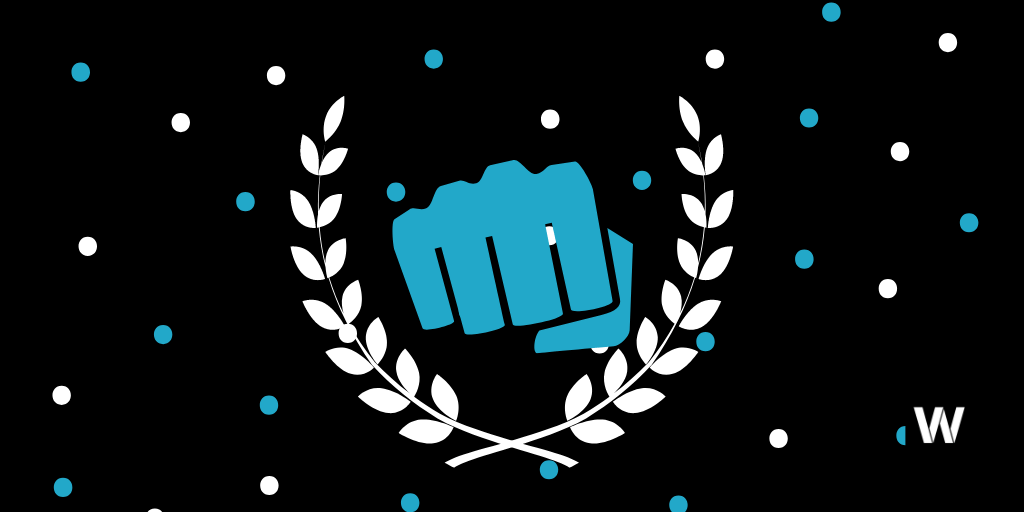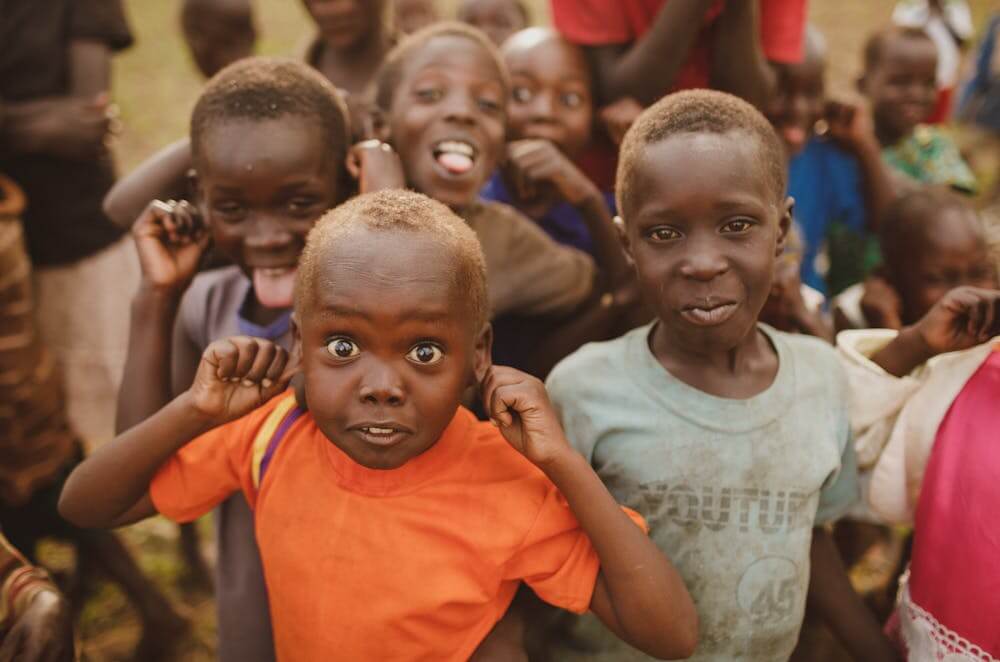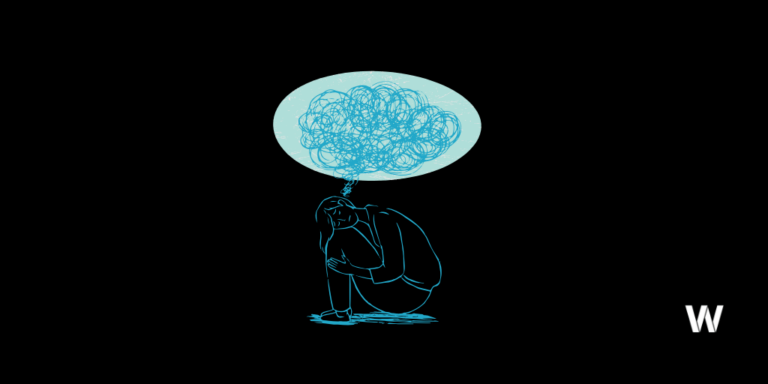Life is a Competition, Survival of the Fittest and Competition Dynamics
By Warren Wong

Life is a competition. Some play by the rules, others live to break them. Some are playing the game, and others don’t know they’re in one at all. In the game of life, there are winners and losers. Competition for resources, mates, status, and even friends, this is the life we live in. Is this reality or is there more that meets the eye? Today we’re going to explore how competition drives our actions, lives and how to come to terms with it.
Survival of the Fittest
“Survival of the fittest” – the idea that organisms that are best adapted to their environment are more likely to survive and reproduce – is the basis of life, and the competition that forces us to adapt.
The lion is often touted as the king of the jungle, well known for its strength, as an apex predator. There’s few other animals that can rival it, let alone face it in one on one combat.
Yet, lions get confined in zoos all the time, with a fraction of the land they normally roam in the wild. If the lion can be subjugated by humans, does that make us one step above the lion?
Perhaps unique to the rest of the animal kingdom, humans have rapidly risen to the top with our complex reasoning, cooperation, and problem-solving skills. Not having to worry about other species being a threat has allowed our civilization to flourish, with over 8 billion people around the world.
Competition Dynamics
Humans have clearly dominated within the animal kingdom with our tools, technology, and intelligence. However, there’s still fierce competition amongst ourselves.
Countries, cities, businesses, and groups compete for land, resources, political leverage, and human capital. Competition manifests in wars, political campaigns, hostile business takeovers, and disinformation. People compete for anything and everything – often leaving many behind.
Even amongst our peers there’s much at stake. We put our best foot forward when signaling to potential mates. We put in extra hours, schmooze with the boss, and go to “networking” events in the hopes of rising up the corporate ladder. We steer conversations to comfortable subjects where we can shine, playing status games with friends and strangers.
Competition dynamics is a constant theme in our lives, some more subtle than others. Sometimes they’re subconscious, and you’re unaware you’re playing into them and other times you’re actively competing and taking deliberate steps to win.
Winners and Losers
Whenever there’s a competition there’s winners and losers. There will be those that do better than others. Some players have certain advantages, while others are at a disadvantage. Life can be unfair. Some were born in countries where rule of law and institutions are well established and others where corruption and chaos is rampant. Some of us were born with two loving parents, and some into broken households. Life can be cruel and unfair, which unfortunately devolves into groups of winners and losers. Not everyone can go home with a trophy.
Taking a step back into history can be revealing. History is not kind to losers, as it’s largely written by the victors. The losers usually end up subjugated or worse. In peacetime, the threat of physical danger isn’t high as in times of war, the ultimate competition. Perhaps, as a byproduct, most people measure life by the game of money. You can count it, know what you can purchase, and it’s not abstract. It becomes the default way to compare with others who are playing the same game.
If we use money as a measure of in-game success we see a noticeable difference between its players – the disparity between the have and have nots. The developing world distinctly shows how life is on the losing end. Losing may mean lack of basic necessities such as food, running water or a proper education and in other cases, death.

However, competition isn’t just measured by money. Other facets of life like friends and family, career fulfillment, and peace of mind have value too. There’s no clear rules in this “competition”. No one says, “this is the game, here are the rules, and here’s how to win.” It’s all metaphorical.
Governments try to dictate “rules” through laws, often derived from unfair competitive advantages: cheating, violence, exploitation. However, laws can be circumvented and loopholes exploited.
Laws are meant to provide safeguards against unfair competition. Is there a difference between a hostile corporate takeover and a group of gangsters violently taking territory and product from a rival gang? Both are considered resource acquisitions, one playing within the confines of the law and the other taking matters into their own hands. Most people would agree that rule of law is important and critical to civilized society, but what happens when there are those that skirt the rules in order to gain a competitive advantage?
Belief in our institutions provide us with an organized and otherwise fair way in which to compete. Meritocratic societies aim to provide its citizens with access to education, banking, rule of law, and economic opportunities in order to keep the competition “fair” amongst its players. When some of its players want to gain an unfair competitive advantage whether out of necessity or failure of the system to provide its citizens with adequate resources, they’ll resort to breaking the rules, usually with tragic consequences. Whether it’s justified is a moral debate.
Consequences and Correction
Having explored the current state of our society, what happens when the have and have nots become too extreme? Usually there’s a correction when it comes to a boiling point. History is littered with examples, the Russian and French Revolution, alongside scores of dictatorship and communist regimes are a sobering reminder. The struggle between winners and losers is well represented in history.
What are the consequences when the rule of law doesn’t allow for its citizens to live a decent life? Are they justified in overthrowing their oppressors by whatever means necessary? Does the government have a responsibility to prevent these tragedies? These are just some of the questions to ponder in an attempt to better understand the competitive nature of life and our role within it.
We’re no longer in the days of small tribal warfare, but not much has changed. We’re more interconnected than ever before, with technology bridging large distances. The nature of competition has remained the same. There’s still a huge gap between the have and have nots. A quick glance of the ongoing humanitarian aid efforts will tell all. It may be an indication of unfettered capitalism or just human greed.
What happens when the divide is too large to ignore? If history is any indicator, there will be a correction with violence relative to the scale of how skewed the inequality amongst its players are.
Play Or Not Play
If you’re this far along, you might think that I’ve painted a grim picture of the competition dynamics and you want no part of it, at least not contribute to it. If this is a competition, should I even participate? What are the costs of playing? What are the costs of not playing? Can I beat the game? These are some of the thoughts that come to mind. Perhaps, defining the competition may provide a clearer understanding of the game.
Ultimately this becomes a question of your values and morals. What are your values? What do you believe is right and wrong? If we play the game, how do we play ethically? Can you watch as those that break the rules and amass fortunes while those who are toiling away are barely getting by? Will you become jaded and become a villain yourself? The answers to these questions will form your own personal definition of the competition, and how you compete.

I believe there’s a delicate balance between playing the game, winning the game, and exiting the game. If we choose not to play the game at all what does that look like? Perhaps it’s living off grid, building a small cabin away from society and living off the land. Spending your hours farming and collecting rainwater in order to live. Could you have a family and provide for them? This was the reality for many pre-industrialization, a hard life.
If you do play the game, how do you do so in a way that’s inline with your morals and beliefs? Do you grit your teeth as you slog through life, fighting for status trophies, potential mates, and paper money? To some degree we all play the game. Perhaps the answer is to play the game with compassion for our fellow players, to compete, but not leave others behind – to be a beacon of hope for those dealt a bad hand rather than seek victory at the cost of others.
So if this is a game, then there must be a way to win. If life is a competition and everyone is a player in this socially engineered game, then there must be characteristics that equate to victory. Perhaps its money, status, a mate, or self-actualization. Winning the game could be all the above or none of the above, it’s rather a personal choice, even an arbitrary goal for others. I believe that in order to win the game you need to play to a certain point, declare self-victory, and exit.
There’s no end to the game. Life as a competition is a reflection of human desires, the root of our suffering. Curb your desires, the root of greed, and enjoy what you’ve already attained. In my opinion, this is the way to win the game.
Conclusion
Is the harsh reality that life’s a competition, and there’s winners and losers? Perhaps it’s a simplified way of looking at it, but it’s at the core of why we do many of the things we do. It’s hard to deny that we’re all in the throes of competition. Whether you’re competing at work, your relationships, or climbing your way up in the world, these are all competitive in nature. While we’re competing, that doesn’t mean we have to be ruthless, but be compassionate to our fellow competitors.
While the game is fun for some, and can play for decades on end, I believe most would like to exit the game at some point – taking our wins and leaving the game behind. I don’t advocate completely leaving society and not playing at all. I don’t believe most of us would enjoy foraging for our own food and building shelter ourselves. We must learn to live in this world, built on hierarchies and status games, and find balance within it, so we can live true to ourselves and our values. Life may be one big competition, but we can choose how to play.





